Heaps of vegetation, leaves and branches browned and dried by the sun span along the forest floor. At first glance, this might seem like the sight of an ordinary forest clearing as winter emerges upon it. But, as the camera pans over this densely tangled overgrowth, we see it is ensnaring long-forgotten gravestones. Some we are able to spot quickly, and others, almost entirely overtaken by vegetation, require a more focused eye to locate. These headstones are often found leaning precariously to the side, vines gripping them from all angles as they struggle to remain standing.
Bowed beneath the weight of time and neglect, these gravestones mark the resting place of numerous African Americans who lived in Virginia. Many graves are those of enslaved people, buried near or on the plantations where they labored. Some are also the resting sites of integral Black leaders, veterans, or other more recent citizens of Virginia.
UNMARKED Sheds Light On the Untold Stories of Our Country
With a total run-time of 40 minutes, this documentary, directed by Chris Haley and Brad J. Bennett, highlights various African American gravesites in Virginia, examining why so many of them have been forgotten and abandoned over the years. Unmarked also utilizes animation at times, featuring sketched images in sepia tones to depict aspects of the narration, which this reviewer found elevated the film.
Dr. Annette Anderson, who has ancestors buried at the Sweet Briar Burial Ground, describes how many enslaved people buried their loved ones in secret, under the cover of night. Despite this, they were still able to keep track of who was buried where, so that family could be buried together over the years. These graves serve as an archival record of some people who might not have been recorded in other documents. In uncovering them, many current residents of Virginia have found their ancestors buried in these cemeteries.
The process of uncovering these forgotten cemeteries is often referred to as reclaiming. Brian Palmer, journalist and volunteer at one gravesite in Richmond known as East End Cemetery, discusses how his wife has found over 600 graves amidst the overgrowth. The process of reclamation and maintenance of these sites is constant and overwhelming at times, but Brian describes how, until a person uncovers graves themselves, “you don’t understand how powerful it is viscerally. You are reclaiming history with your hands.”
In another scene, a mother and her son rake vegetation from headstones at East End Cemetery as she teaches him about the family they have buried here. Later, the mother, Jarene, laments how they have not been able to receive the government support needed to maintain the cemeteries and prevent them from growing over. Standing with a rake in her hand as others clean off graves behind her, Jarene states how her family would visit this neglected cemetery and do their best to maintain the graves of their loved ones. She then describes the feeling of nausea she would get as a child when they would drive past the clean, well-kept Confederate cemetery just around the corner. “It was just such a huge disparity, visually,” she says. “This has been a legacy of racism, disenfranchisement, and disinvestment.”
Later in the film, Dr. Anderson discusses an iconic photo that was taken of her, in which tears run down her face as she hugs her son. Providing context for that image, she tells us how her son had asked her why other cemeteries, such as those to Confederate soldiers, are preserved and clearly marked, but this cemetery, where countless African Americans have been buried through the centuries, is largely unmarked and uncared for? She choked up as she realized he was asking her why is this injustice happening? “It was a really powerful moment as a mother,” Dr. Anderson says, “to have to explain to him more about our family’s history, and how we got here.”
After hearing these stories, you too might be struck by the emotional impact these cemeteries have on those who discover family buried here; and feel, as this reviewer did, the importance of reclaiming the history of these people and their lives in order to gain a better understanding of America’s history as a whole.
It should be noted that recently, the Virginia state government has begun to provide funding to help maintain and preserve these cemeteries.
In this writer’s view, Unmarked is an important watch for anyone looking for an educational and emotional look at yet another aspect of American history that often goes untold. Since this is only a 40-minute film, it is also a perfect watch for those who have trouble sitting through traditional 90-minute documentaries.
RECOMMENDED
Nominate this for The Picture This Post BEST OF 2021???
Click Readers' Choice
Want to see who won the Picture This Post READERS’ CHOICE competition last year?
WATCH THIS SHORT VIDEO—
CREATIVE TEAM:
Directors: Chris Haley, Brad J. Bennett
Writers: Imani Chacha, Austin Journey, Chris Haley
Director of Photography: Brad J. Bennett
Lead Music Director: Maurice Preston
Animation and Visual Effects Director: Mwita Chacha
Narrator: Leslie Olabisi
Visit the First Run Features webpage to find out where to buy or rent UNMARKED.
Images courtesy of First Run Features

About the Author: Grace Downing
Grace has been an aspiring writer since she got in trouble in second grade for scribbling down ideas for her burgeoning fiction story instead of paying attention to the teacher. Since then, Grace has written a mix of fiction and poetry, penned a number of opinion articles for her high school newspaper, and has published one of her poems in a local newspaper in Venice, California. Reading lengthy fantasy series is a favorite pastime of hers as well. Grace is a part-time tutor, and when she is not reading or writing, she can likely be caught rewatching one of the Marvel movies or their many television shows.

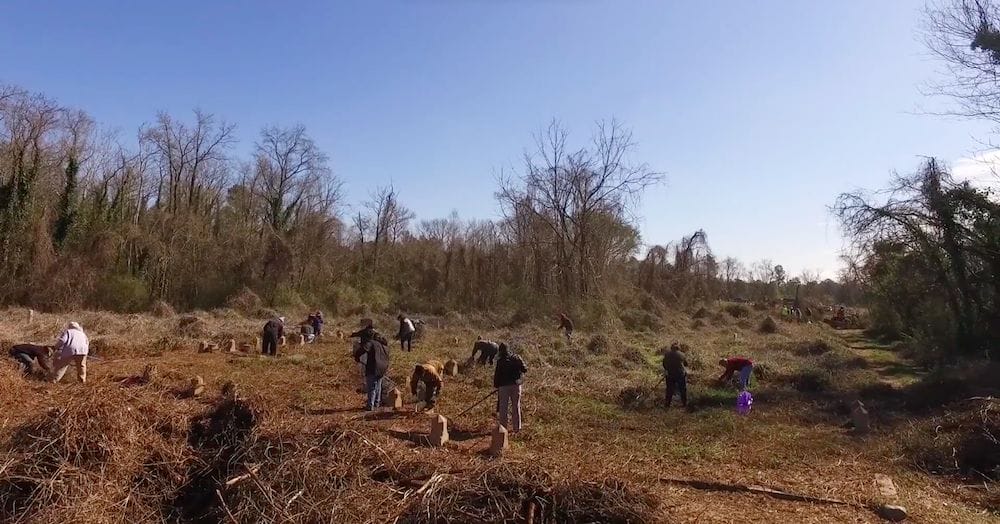
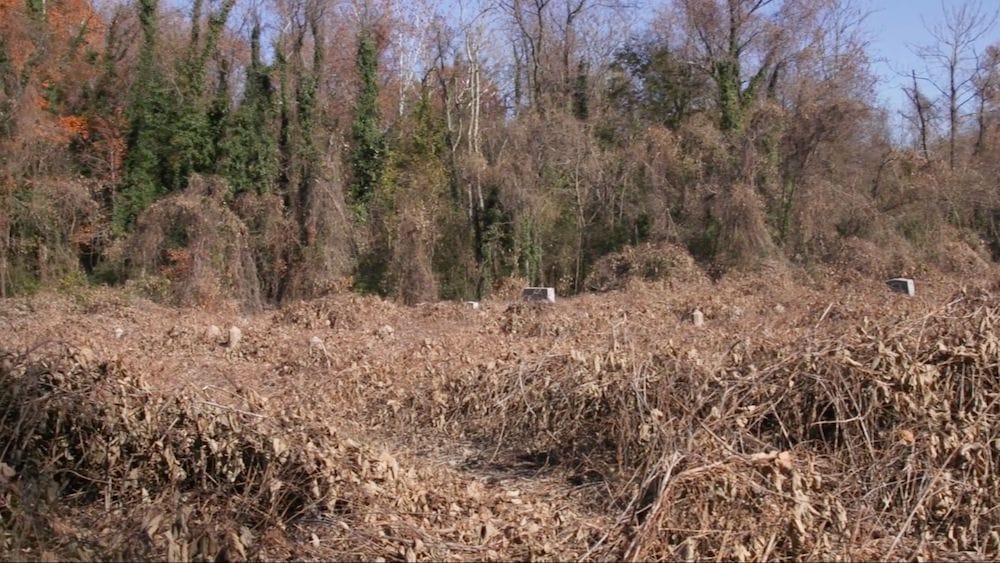
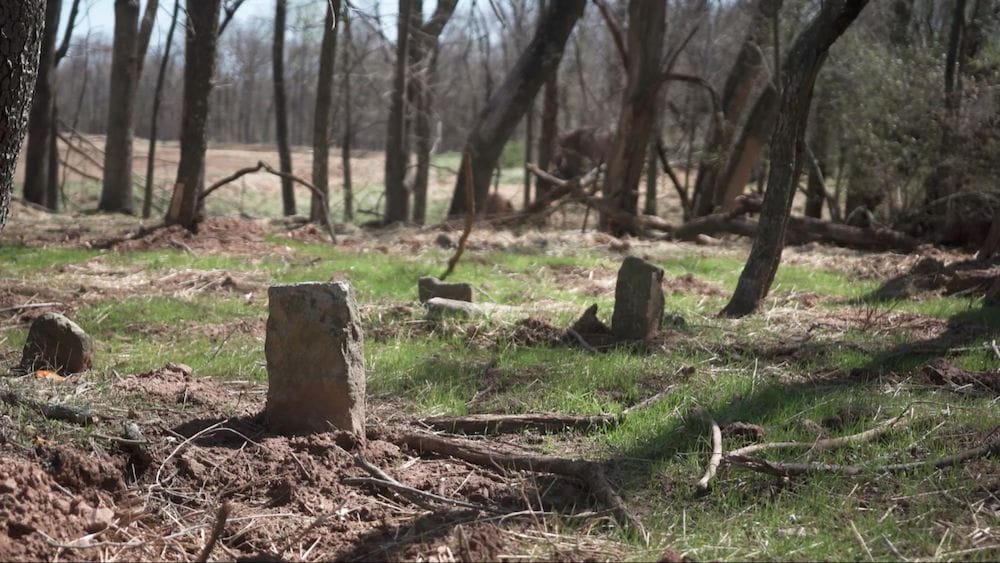
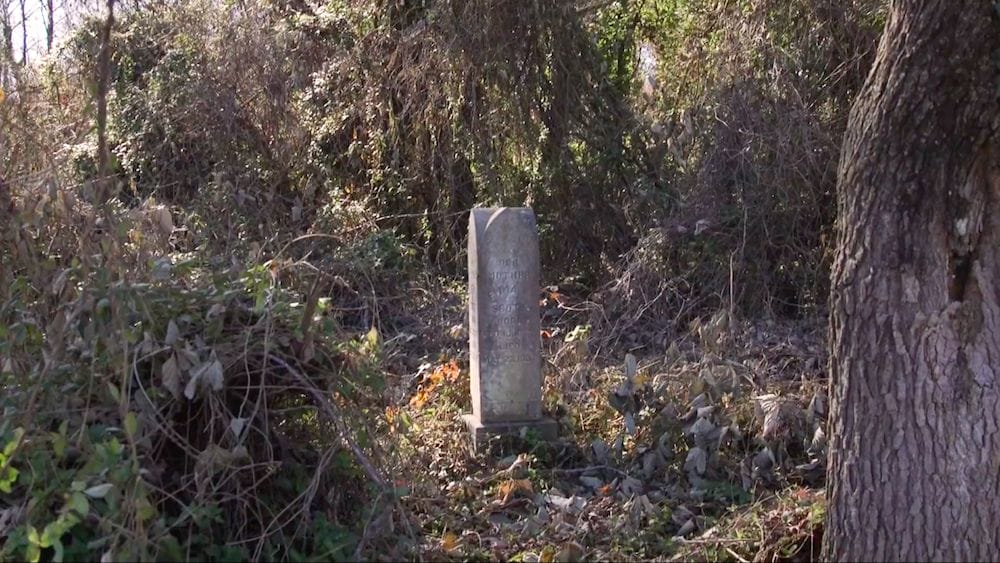
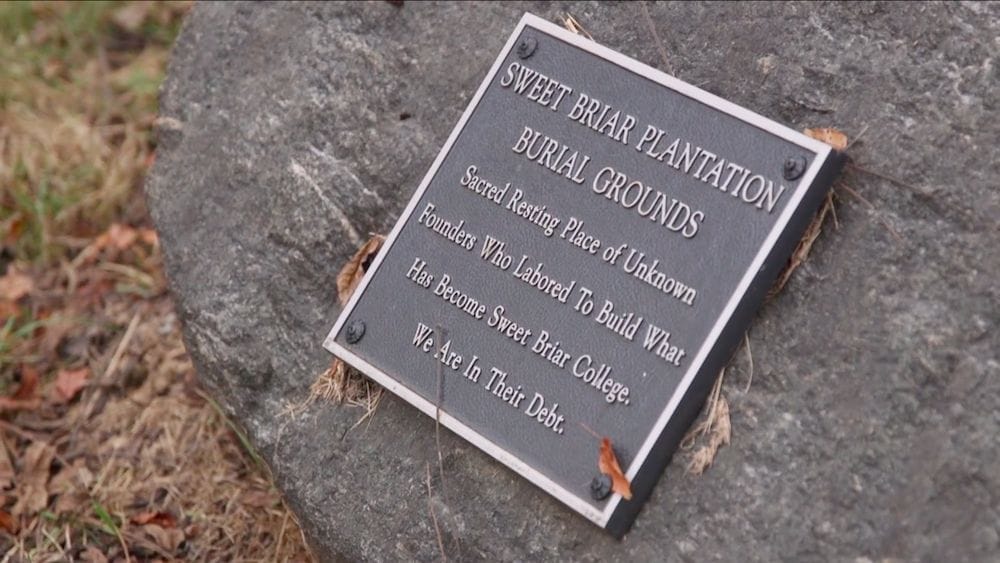
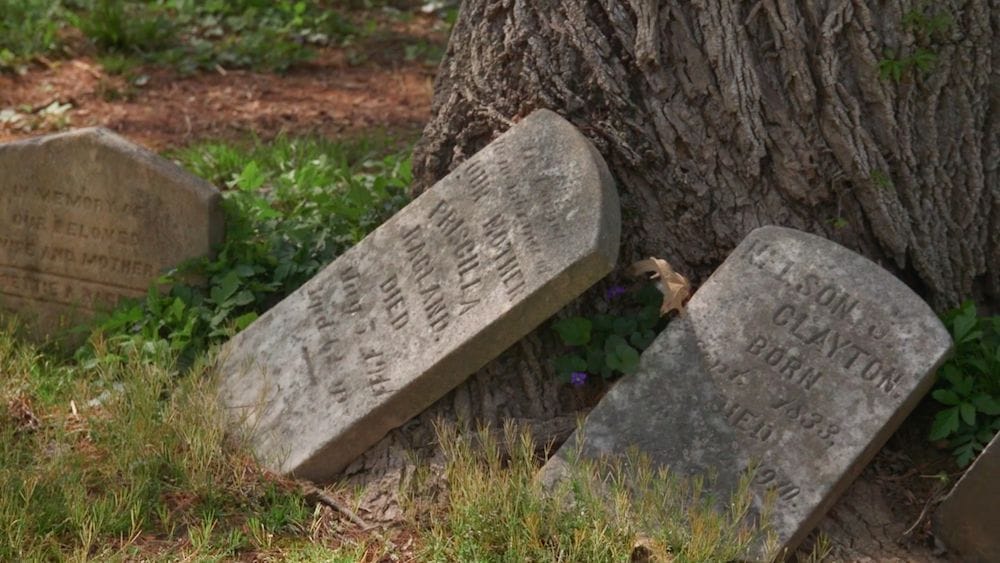
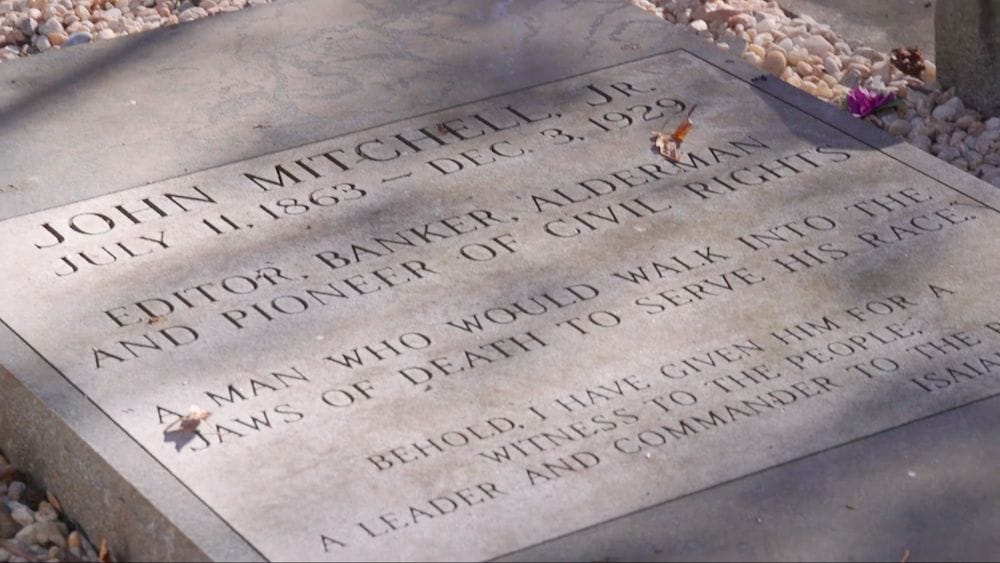
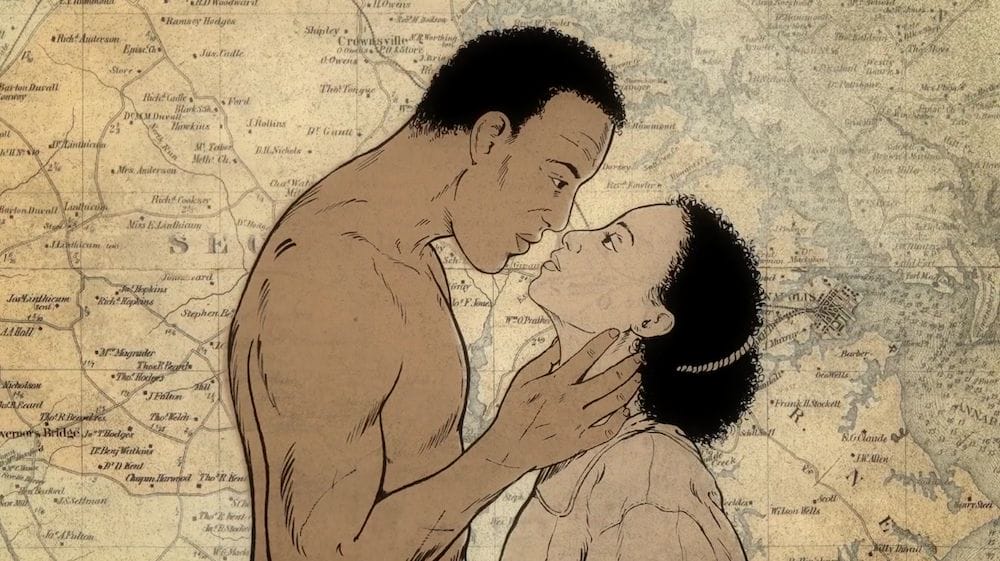


Nominated for Picture This Post BEST OF 2021